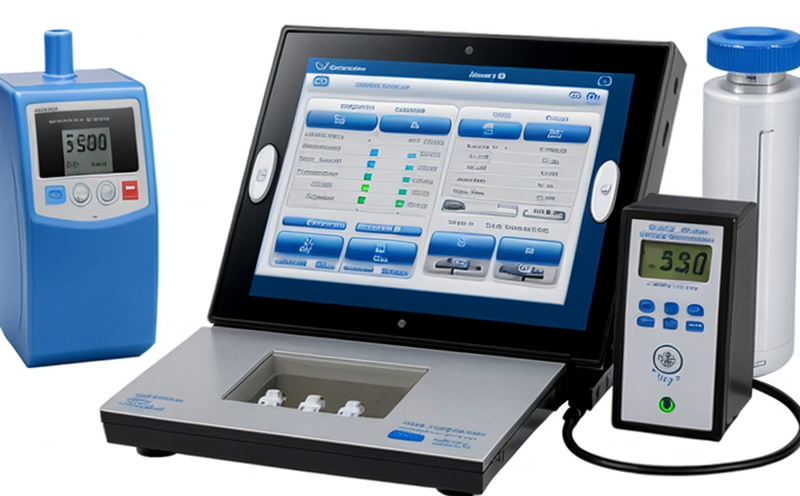Long-Term Reliability Testing of Infusion Pumps
The long-term reliability testing of infusion pumps is a critical aspect of ensuring patient safety and regulatory compliance in the medical device industry. As quality managers, compliance officers, R&D engineers, and procurement specialists well know, the reliability of an infusion pump directly impacts patient outcomes and overall healthcare delivery.
Infusion pumps are sophisticated devices designed to deliver precise amounts of medication over extended periods. They play a vital role in managing chronic conditions, post-surgical recovery, and pain management. However, their functionality is contingent upon the device’s reliability under various operating conditions, including temperature variations, humidity exposure, and continuous use.
Our long-term reliability testing service uses state-of-the-art equipment to simulate real-world environments that these pumps encounter during patient care. This comprehensive approach ensures that any potential issues are identified early in the development process or before commercial release. By adhering to international standards such as ISO 14971 and ASTM F3280, we provide robust data that supports regulatory submissions and quality assurance.
During testing, we subject infusion pumps to a range of environmental conditions that mimic actual usage scenarios. These include temperature cycling from -20°C to +60°C, humidity levels up to 95% RH, and vibration tests simulating transportation or handling. Additionally, we conduct endurance tests where the pump operates continuously for extended periods—up to 100 days in some cases—to assess its performance over time.
For accurate testing, specimens must be prepared carefully according to specific protocols. This involves selecting appropriate fluid types and ensuring consistent flow rates throughout the test duration. Our team utilizes advanced software tools to monitor each pump’s operation continuously, recording critical parameters like pressure variations, battery consumption, and system responses.
The results of our testing are meticulously documented and presented in detailed reports that include all relevant data points from the tests conducted. These comprehensive reports serve as invaluable resources for manufacturers seeking approval from regulatory bodies or simply improving product quality internally.
Applied Standards
- ISO 14971: This standard provides a comprehensive framework for the development, production, and use of medical devices. It emphasizes risk management practices which are essential when conducting long-term reliability tests.
- ASTM F3280: Developed specifically for infusion pumps, this standard outlines performance requirements related to electrical safety, mechanical integrity, and functional accuracy under extreme conditions.
Scope and Methodology
The scope of our long-term reliability testing encompasses both new product development stages as well as ongoing quality assurance initiatives. Our methodology involves several key steps:
- Initial consultation with the client to understand specific requirements and constraints.
- Preparation of test specimens according to predefined protocols.
- Conducting environmental stress testing across multiple parameters including temperature, humidity, vibration, etc.
- Performing functional performance tests over extended periods (up to 100 days).
- Data collection and analysis throughout the entire process.
Use Cases and Application Examples
- New Product Development: Ensuring new infusion pump designs meet all necessary regulatory requirements before market release.
- R&D Innovation: Identifying potential weaknesses in current models to drive continuous improvement efforts within the R&D team.
- Quality Assurance: Providing reassurance that existing products continue to operate safely and effectively under all expected conditions.
- Regulatory Compliance: Preparing comprehensive data packages required for submissions to various regulatory authorities worldwide.





